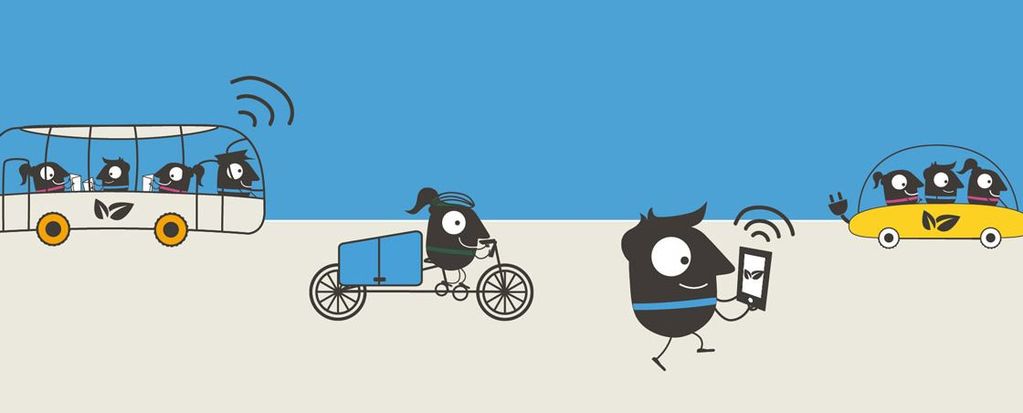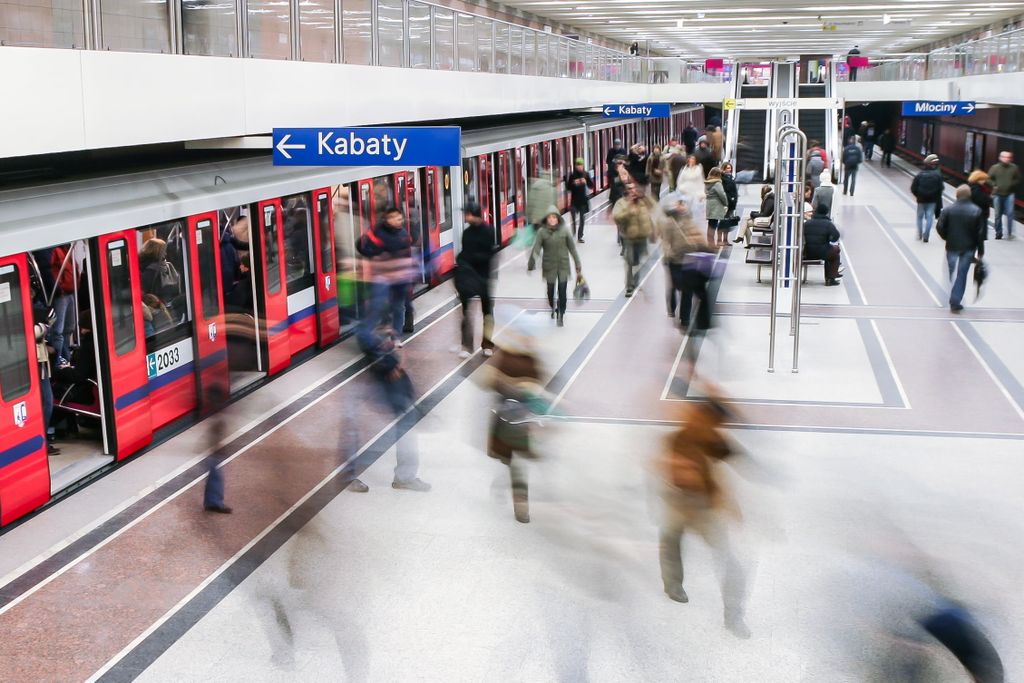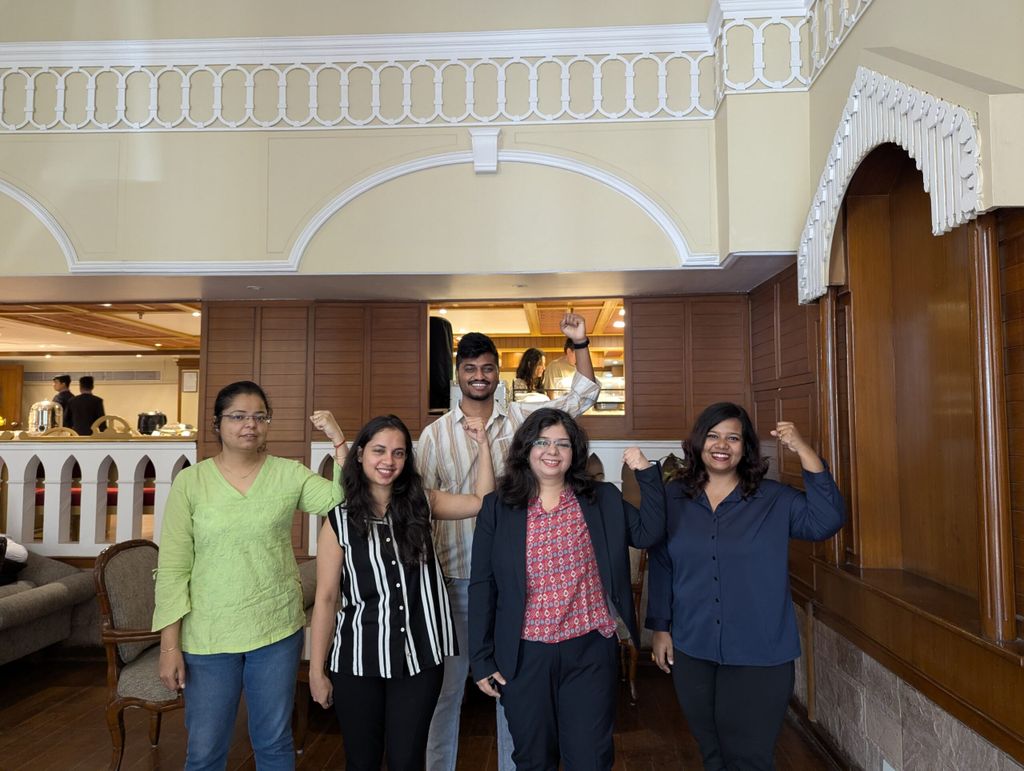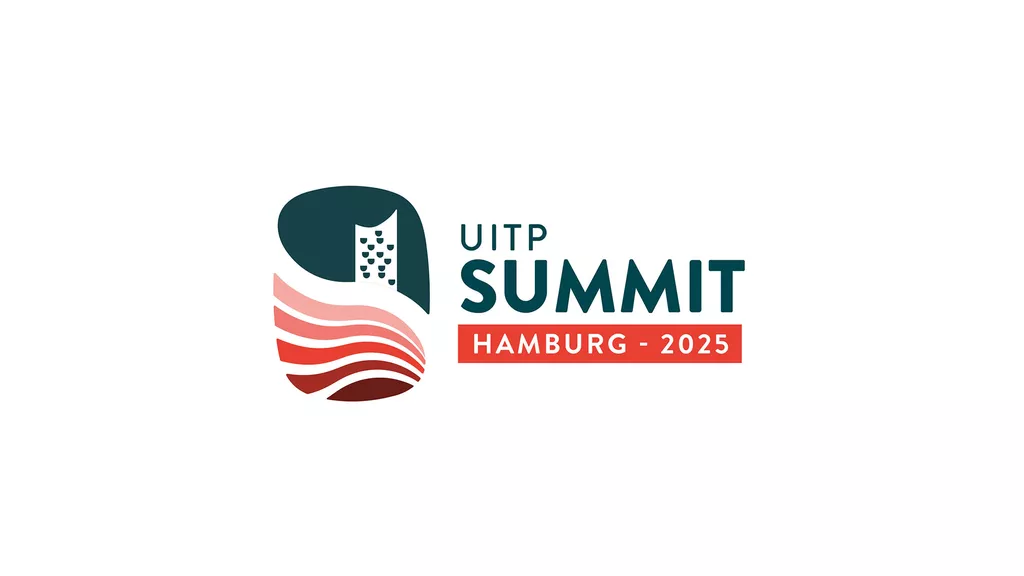
Unlocking large-scale and passenger-centric automated mobility: new project ULTIMO launches
By deploying larger fleets of AVs
Today the transport sector finds itself in a crossroad for the deployment of automated vehicles (AVs). During the past few years, many projects and initiatives have tested and deployed AVs in public transport, but the large-scale roll-out of automated shared fleets that are commercially viable is yet to be realised.
Now, the new EU-project ULTIMO seeks to set the foundations and deploy the very first economically viable large scale, on-demand and user-oriented AV public transportation services.
By taking a holistic approach to AV deployment that considers all elements in a cross-sector business environment, ULTIMO wants to truly unlock the integration of AVs into cities with on-demand and door-to-door services that will allow for more sustainable, accessible and inclusive mobility.
Building upon the experience of past projects like SHOW, ULTIMO will deploy large fleets in three European cities to achieve a commercial level public transportation service.
With Deutsche Bahn at the helm, ULTIMO joins 23 partners from eight European countries for a period of four years. Within the project, UITP is proud to lead dissemination and outreach activities, ensuring engagement across the entire sector value chain.
The learnings that the sector has built so far around shared automated mobility need to be now scaled up with larger fleets of AVs that are passengers centric and economically viable. Only if larger fleets of AVs are integrated into the public transport network, the benefits of automated mobility for society and environment can be truly unlocked. UITP is proud to be a partner in ULTIMO to help tackle exactly these challenges.
By joining sector forces
The ULTIMO project will build on top of past experiences and projects, focused on tackling obstacles that are hindering large-scale AV uptake, including economical challenges.
The current limited lifetime of vehicles, plus the costs of on-board safety operators and technical advancements (such as the creation and maintaining of HD maps) mean that certain economic challenges still have to be mastered. In addition, needed changes to city infrastructure and the integration of AV services into operators’ Mobility as a Service (MaaS) offerings raise important questions on how to realistically integrate AVs into public transport networks.
Another challenge seen in today’s AV ecosystem is the lack of technical collaboration between vehicle manufacturers and fleet management providers. ULTIMO will take this challenge head on by bringing around the table important sector players to work together on the same deployment site, coming up with common solutions and interfaces for their technologies.
From lab to market: deploying AVs across Europe
ULTIMO will deploy AVs in three sites across Europe, each with 15 or more multi-vendor vehicles per site. The aim is to target the operation without safety-driver on board, in fully automated mode and with the support of innovative user centric passenger services.
ULTIMO’s innovative transportation models are designed for a long-term sustainable impact on automated transportation in Europe, around the globe and on society. The composition of the consortium ensures the interoperability between multiple stakeholders by making adoption of new technology at minimum costs and maximum safety, while the integration of the ongoing experiments of previous AV-demonstrator projects ensures highest possible technical and societal impacts from the very beginning of the project – and even long after its completion.
I am very pleased that we, as consortium leader, together with 23 other partners, can ensure that we can clarify the few remaining open questions for a secured live operation in the ULTIMO project, so that the necessary conditions and questions such as demand/capacity transparency, integration into an overall transport system and economic viability can be clarified accordingly for large-scale nationwide deployment.
At UITP, automated mobility is high on the agenda as means to advance public transport. Find out more here about our SHOW project and our involvement in the CCAM partnership.
exclusive resources














